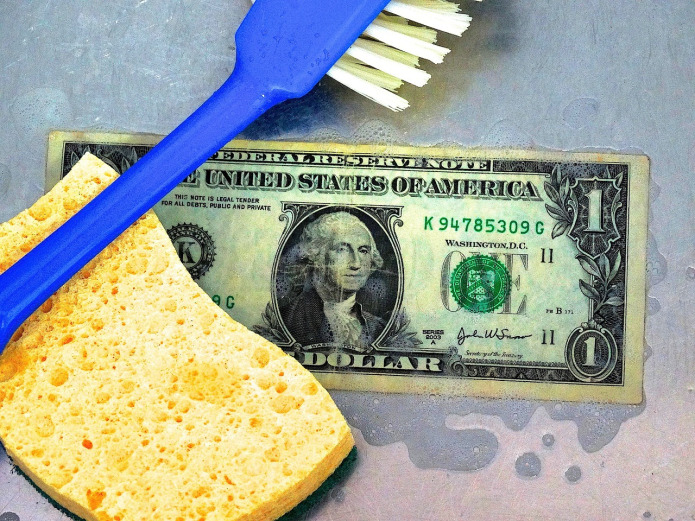“Cash intensive businesses are the primary target of money launderers from all over the world.
Legislators, consequently, understood the importance of assessing an activity’s beneficial ownership and took appropriate steps (e.g. EU AML Directive of 2015).
Technological development concerned many of the industries normally used by wrongdoers, therefore, it must be taken into account while setting Customer Due Diligence checks (CDD).
Automatic laundry services, private owned ATMs, self service bars open 24/7, parking without any real employee are just some examples demonstrating how technology has changed the way we do business.
An ideal entrepreneur may run several companies, needless to say, this changes his customer profile, in fact, traditional horizontal comparisons with similar activities are more difficult to tackle.
What should compliance/AML Officers do?
First, they should assess actual ownership as nominees are frequently used (most of the times this doesn’t raise any AML concern as a nominee may also conceal an adverse credit history). In any case, a re-definition of CDD is necessary to face successfully upcoming challenges and Compliance Officers should be as proactive as possible to spot ‘unusual’ transactions.
As pointed out, large deposits can perfectly be the result of lawful activities, however, placing ill-gained profits in the aforementioned industries is relatively easy and wrongdoers are well aware of that.
Given the current international scenario, Regulators will be less and less keen to accepts mistakes on KYC/CDD. Besides, AML violations may lead to terrorist financing
Are YOU willing to jeopardize your organization’s reputation?”




Thanks, glad to hear that you find the information valuable and usable…remember sharing is caring so please share our site with others.